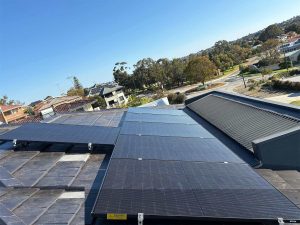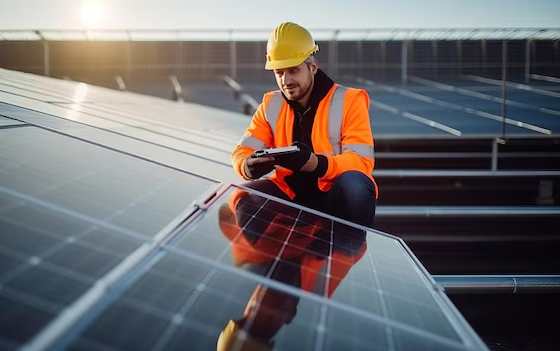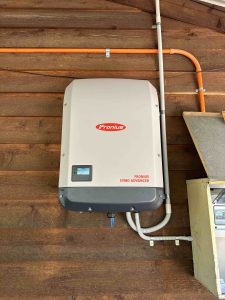Australia has a very active tourism industry attracting millions annually. Tourism, lifestyle and other economic activities generate about 48 million tons of solid waste every year. At present, the country mainly uses landfills and resource recovery facilities. The later involves composting, thermal treatments and mechanical-biological treatment systems. Efficient and quick disposal of solid wastes thus become a very costly process, with over 70% of the expenses occurring in the part of collection and transportation. Therefore, despite the advances in treatment technologies, the solid waste management continues to incur heavy operational expenses. The solar garbage bins in Sydney’s Shelley beach uses photovoltaic energy to make this part eco-friendlier.
The Shelley beach is a tourist hotspot, dotted with restaurants, clubs and active nightlife etc. Often, the hectic schedule here can result in overflowing refuse bins, placing stress on the collection process and contractors. As a project between University of Sydney and the city council, the solar smart bins project aims to assist in providing a solution. The refuse bins compress the garbage inside using solar power. This compression results in lower collection volume, reducing the frequency of pick-up. Furthermore, compression reduces any type of aerobic (in presence of oxygen) decomposition that can occur, thereby preventing foul smells and vermin. The bin also features a battery for cloudy and night conditions.
However, the concept of solar garbage bins is not new. In September, the council of Banks Peninsula, NZ, has decided to install over nine solar garbage bins across the Peninsula. The solar power harvested by the bins powers the compacting mechanism and WIFI connectivity. The wi-fi enables them to also act as hotspot for the public with a coverage of about 60m. In addition, the sensors inside the bin pushes notifications to contractors when it requires removal. As solar cell efficiency increases year-by-year, it becomes techo-economically feasible to utilize PV cells in smaller stand-alone systems like this. Although, such solar powered technologies like smart bins do not directly contribute to carbon reduction or RETs (renewable energy targets), they are salient examples of the versatility of this free energy that is available to our planet.








